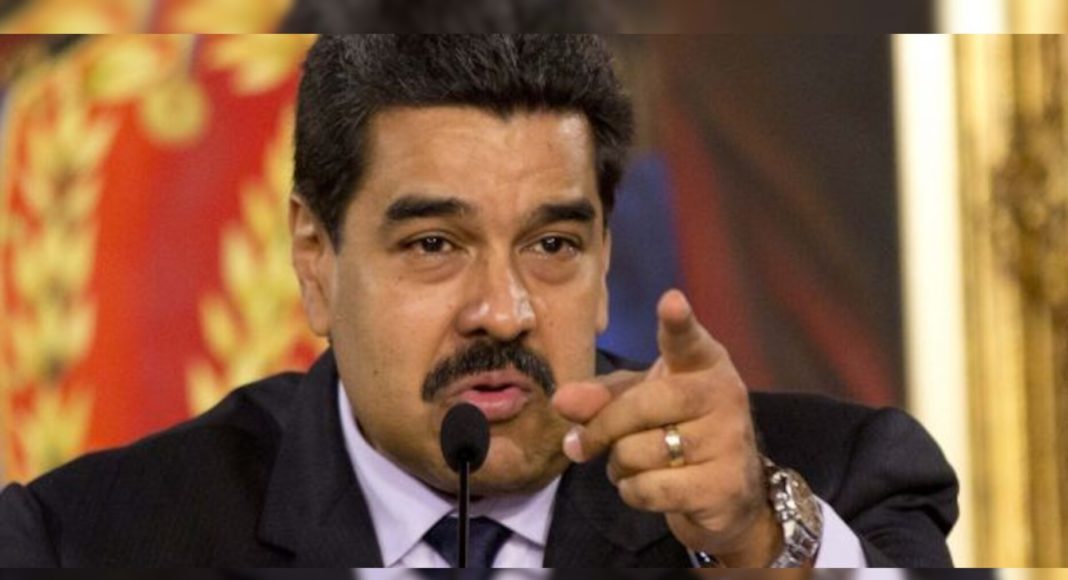Venezuela’s President Nicolas Maduro has signed a presidential decree setting the country’s maritime and territorial borders, TeleSur said in a report on Friday, noting that the move is to protect national jurisdiction rights, especially on the ‘disputed’ Essequibo territory.
The Venezuela-based TeleSur network said Maduro indicated that United Nations Secretary-General Antonio Guterres was notified about his government’s rejections over the recent International Court of Justice (ICJ) ruling on the ‘territorial dispute’.
The ICJ ruled in December that it has jurisdiction to hear the case involving the Guyana/Venezuela border controversy. President of the ICJ, Judge Abdulqawi Ahmed Yusuf in delivering the judgement noted that both countries had conferred authority on UN Secretary General under Article 4, paragraph two of the February 17th, 1966 Geneva Agreement. He said that the agreement allowed the Secretary General to choose a means of settlement under Article 33 of the Charter of the United Nations which included judicial settlement.
According to TeleSur, “Maduro noted that transnational oil companies laid behind ICJ’s decision in order to take over the Atlantic coast to steal the oil that belongs to his nation.”
No basis for this claim was provided in the TeleSur report.
Guyana and its Spanish-speaking neighbour to the west have long been involved in a controversy as it relates to their territorial boundaries. The matter was settled by the 1899 Arbitral Award which both Venezuela and Great Britain (of which Guyana was a colony at the time) accepted as a final settlement. However, in 1962 Venezuela began new arguments declaring that the 1899 arbitral award was “null and void”.
These claims continued in earnest through the ensuing decades and tensions escalated in 2015 following the announcement by ExxonMobil of its world class oil discovery at the Stabroek Block, offshore Guyana.
Then on December 22, 2018, the Venezuelan military intercepted a seismic vessel contracted by ExxonMobil which was carrying out survey works in the offshore Guyana Basin. At the time, 70 persons were onboard the 104.2 m Bahamas flag-carrying vessel – the Ramform Tethys.
Guyana lodged a formal complaint with the United Nations at the time, describing the incident as an “illegal, aggressive and hostile act” perpetrated by the Government of Venezuela.



